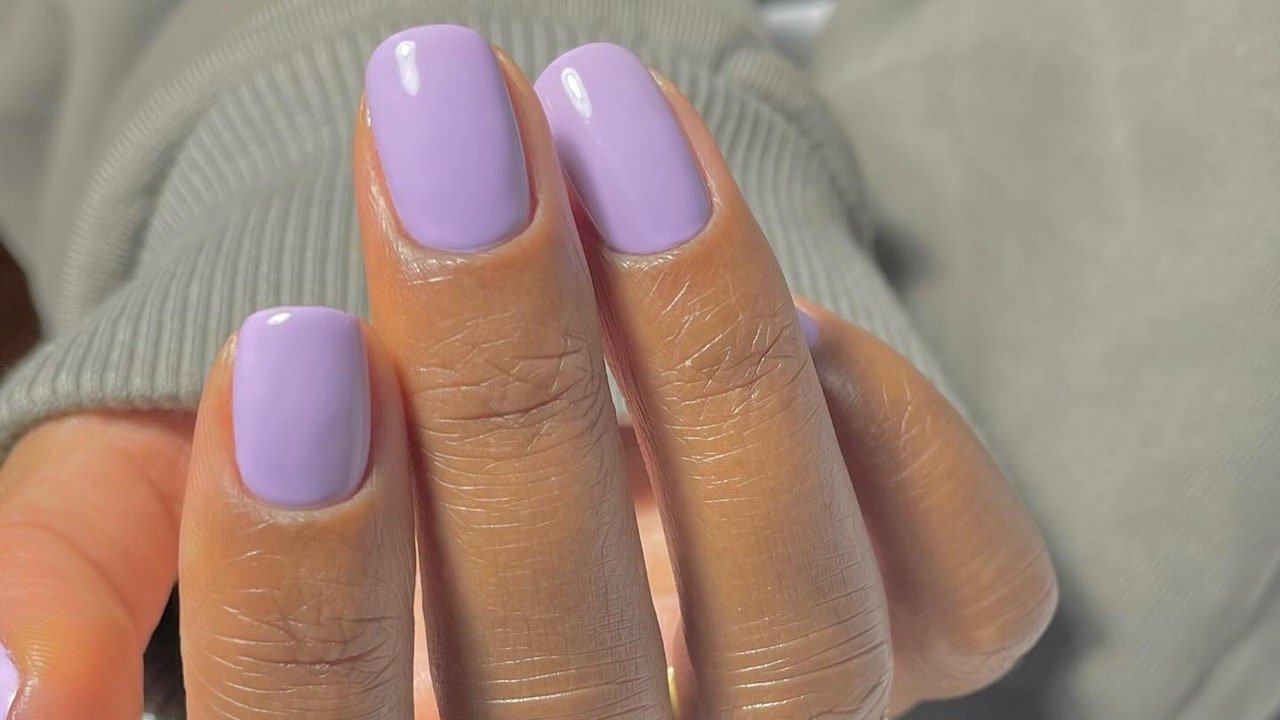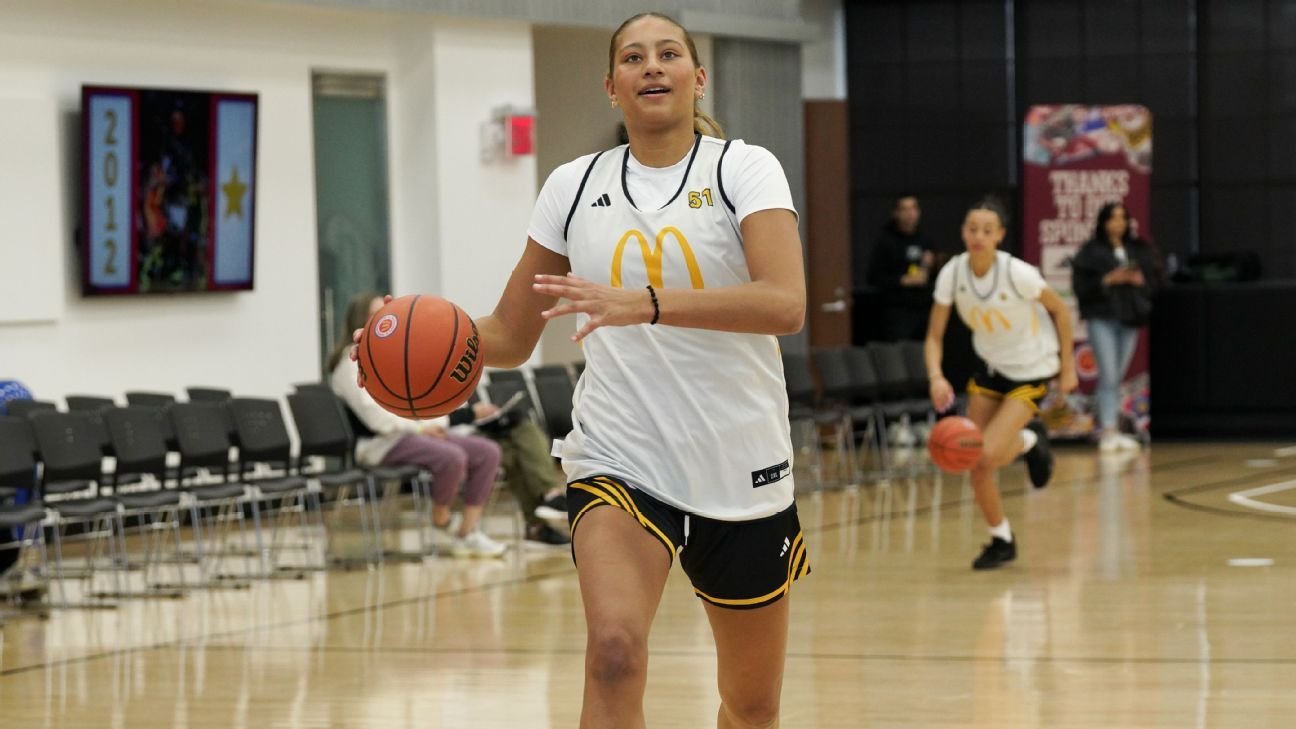
An avid vintage collector (her first vintage piece was a fall leaf-themed cap sleeve dart-wasted dress from the 1950s, which she procured in 2003), Dr. McGlonn’s journey with Blk Ivy Thrift began as an exploration of the intersection between vintage fashion and Black cultural storytelling. “I watched this documentary about [jazz musician] Lee Morgan,” she recalls. “There was a moment that examined how he dressed, how his contemporaries like Gordon Parks dressed. It just clicked.” A serendipitous visit to a design-focused bookstore in Los Angeles soon after cemented her vision. “I walked down an aisle, and the ‘Black Ivy’ [Black Ivy: A Revolt in Style] text was facing out at me. It wasn’t an accident. It was a calling.”
Inspired by the tailored elegance of the Civil Rights era, McGlonn curated a retail experience that doubled as a historical archive. “This wasn’t just about selling clothes,” she explains. “It was about preserving the ways in which Black people have used fashion for safety, self-expression, and solidarity.” McGlonn’s influences span a broad spectrum of Black intellectuals, artists, and activists. “John Coltrane, Lorraine Hansberry, James Baldwin, Coretta Scott King—these figures shaped how I see fashion as a tool of resistance,” she says.
Blk Ivy Thrift was an immersive experience where garments and artifacts—darted dresses, pillbox hats, and tailored jackets—were displayed alongside books, posters, and vinyl records. “You’d walk in and hear Angela Davis’ voice, or James Baldwin’s words playing over a speaker,” McGlonn says. “You’d find a vintage phone on the wall or a corner dedicated to a 70s basement party scene. It was the best kind of classroom.”
The sourcing process behind these artifacts was meticulous. “I take an extra suitcase whenever I travel,” McGlonn shares. “I’m always looking for vintage shops, estate sales, or even tucked-away thrift stores where you might find a rare embroidered sweater or a perfectly preserved 1960s dress.” She is particularly drawn to pieces that tell a story. “I found an early 1960s Lee’s denim jacket in Richmond, Virginia, and it immediately reminded me of how King and other Civil Rights leaders adopted denim as a show of solidarity with farm workers. That’s history woven into fabric.”
Despite its success, McGlonn recently made the intentional decision to transition away from its West Philly location. This speaks to a larger issue of the collective shift away from physical retail, the rising costs of overhead and commercial rent, and the scarcity of grants and funding available to independent entrepreneurs. But for McGloon, the shift “wasn’t a closure—it was an evolution.” “Brick-and-mortar spaces are incredibly difficult for Black entrepreneurs, especially in the current economic landscape. But more than that, I realized Blk Ivy Thrift could do more as a traveling exhibit.”









